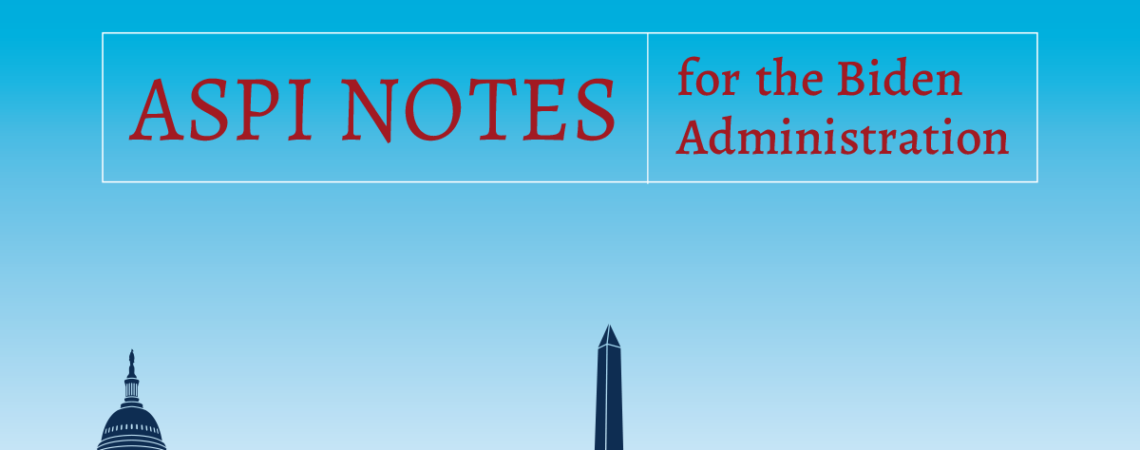DEMONSTRATE SUPPORT FOR ENDING CHINA’S TARGETING-BY-TRADE
ISSUE
As its diplomatic relations with Canberra have declined sharply since the spring of 2020, Beijing has waged a high-intensity punitive campaign by placing import restrictions on a growing list of Australian products. Australia is hardly the first country China has used its economic power against. Philippine banana exports, South Korean automotive and retail industries, and Japanese rare earths offer recent examples of Chinese trade retaliation against governments who have political disagreements with Beijing.
SIGNIFICANCE
China continues to uses its massive trade leverage (what Xi Jinping has called its “gravitational force”) to enforce its political agenda and intimidate its critics. More specifically, Beijing’s strategy is to pick off America’s allies and to demonstrate to other nations the high cost of angering China.
EXPECTATIONS IN THE REGION
U.S. allies and partners need the political assurance and policy reality of Washington’s support when China imposes trade restrictions in response to actions Beijing disagrees with. However, some allies may also be wary about escalating tensions with China if they are seen to be involving the United States. Therefore, each situation may require a different response in coordination with partners.
DOMESTIC CONSTRAINTS/CONSIDERATIONS
The emergence of a strong bipartisan desire by Congress and the broader public to take a firm stand against Beijing means that early U.S. action to support America’s allies and partners on the world stage is likely to be a popular and unifying proposition at home.
RECOMMENDED COURSE OF ACTION
The Biden administration’s opposition to China’s targeting-by-trade tactic can be communicated forthrightly in early diplomatic interactions with senior Chinese officials. The Australia case can be cited as an obstacle to progress in the re-stabilization of U.S.-China relations. Concurrently, the United States should join Australia and others in calling out China at the World Trade Organization (WTO) for violating the letter and the spirit of the WTO including by joining in potential dispute settlement cases. The United States and the European Union did this with Japan over rare earths. This would demonstrate multilateral unity and signal to third countries that the United States has their back.
To view the full report, please click here
ASPI NOTES FOR THE BIDEN ADMINISTRATION_0
